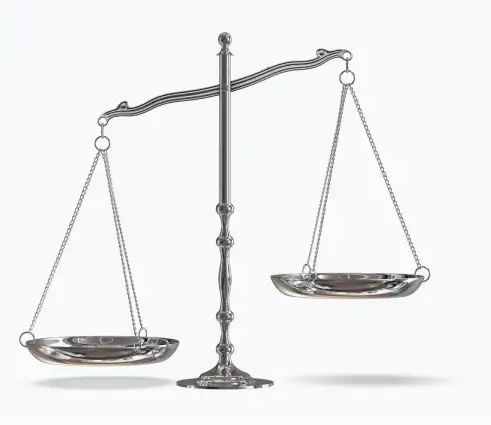General mobilization continues. The law does not specify where a summons can be served. Therefore, it can be obtained on the street, at the workplace, at home or at checkpoints.
ARE SUBPOENAS AT ROADBLOCKS LEGAL?
In fact, it is quite legal to issue summonses on the street, in public institutions, at checkpoints, or in other places, since the place of service of summonses is not regulated by law, and therefore a summons can be served anywhere.
Today, there are four types of documents in Ukraine, which can be called by the commonly known term subpoena:
- Summons to clarify credentials;
- Summons to pass the military medical commission;
- Summons for conscription into the army (currently not issued);
- Mobilization order (for dispatch);
WHAT DOES IT MEAN TO SERVE A SUMMONS AT A ROADBLOCK
First of all, a summons delivered to a post office is a summons to check credentials and pass a medical examination to determine fitness for military service. The duty of a conscript to appear before the relevant body and register, providing information about himself.
The peculiarity of serving summonses at checkpoints is that the local military commissars do not know anything about you and your illnesses, so they issue summonses to everyone, but this does not always entail mobilization and sending to the front.
In addition, the summons delivered at the checkpoint must be filled out and signed by the head of the picking center and delivered to you personally. Receipt of the subpoena must be certified by your signature.
The summons states:
- surname, first name, patronymic, year of birth of the conscript and his address;
- the person’s place of work;
- type of summons (certification of account data, passing of a medical commission, arrival at the TCCSP, conscription for military service in the Armed Forces);
- the date, time and address at which it is necessary to appear;
- caveats regarding required documents;
- name of the body, seal, signature, surname, first name and patronymic of the head of the TCCSP.
The summons must be filled out and signed by the head of the picking center, but it can be delivered to:
- employees of the territorial recruitment and social support center;
- representatives of local self-government bodies;
- heads of enterprises or organizations, employers;
- heads of educational institutions;
- managers of apartment buildings.
WHO CAN SERVE SUMMONSES?
It should be remembered that summons can be served at checkpoints only by the persons mentioned above who perform these functions in accordance with the law.
As for the police and security forces, they do not have the right to serve summonses at checkpoints and can only accompany the above-mentioned persons.
If a person refuses to sign a summons, the responsible person must draw up an act of refusal to receive a summons and send it to the Military Commissariat.
As for responsibility, in this case administrative, in the event that a person does not appear when summoned to the territorial center of recruitment and social support in wartime, he may be fined from one hundred to two hundred tax-free minimum incomes of citizens (from 1,700 to 3,400 hryvnias), and the National Police has the right to detain a conscript in violation of the legislation on mobilization training and mobilization and forcibly deliver him to the territorial recruitment center.
Repeated violation within a year, for which a person has already been subject to an administrative fine, as well as the violation during a special period, entail the imposition of a fine on citizens from two hundred to three hundred tax-free minimum incomes of citizens.


